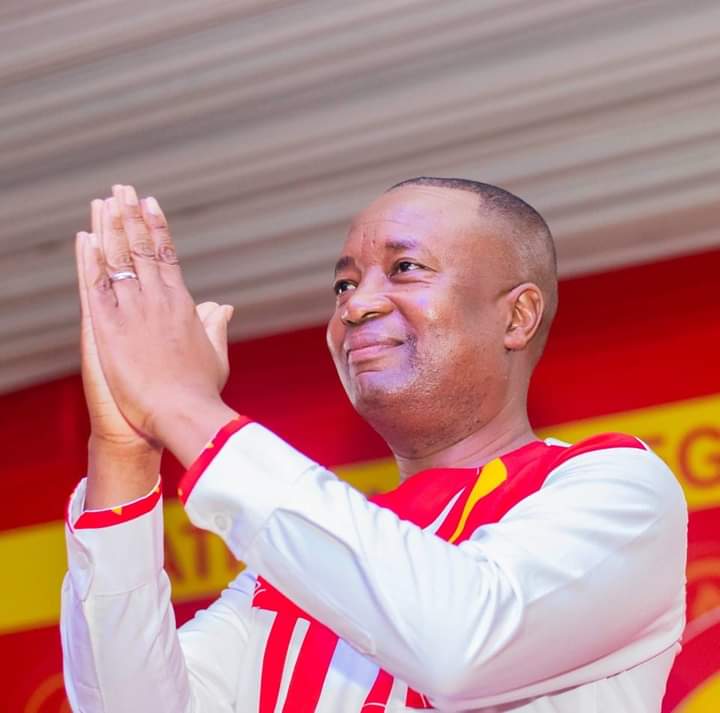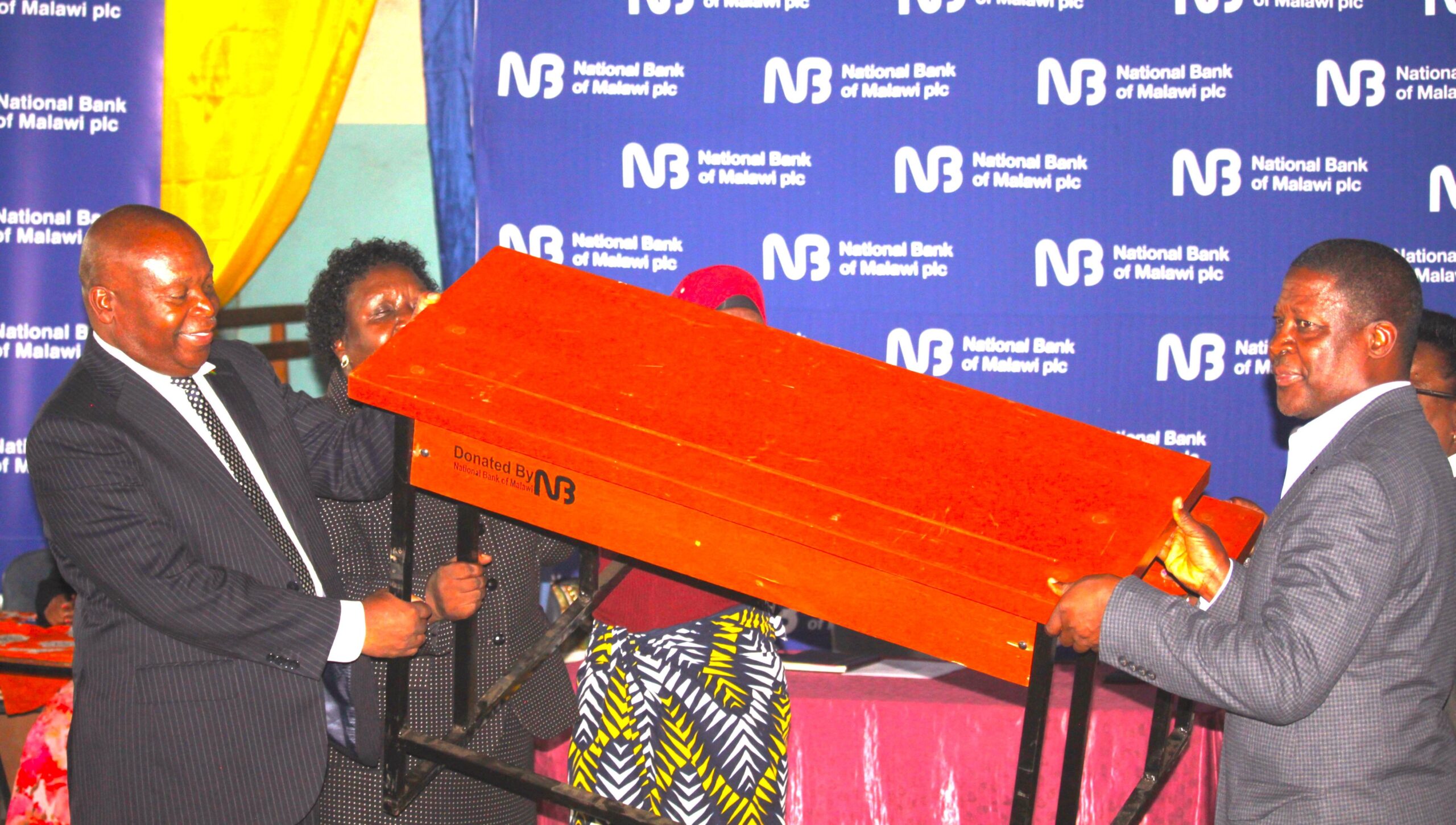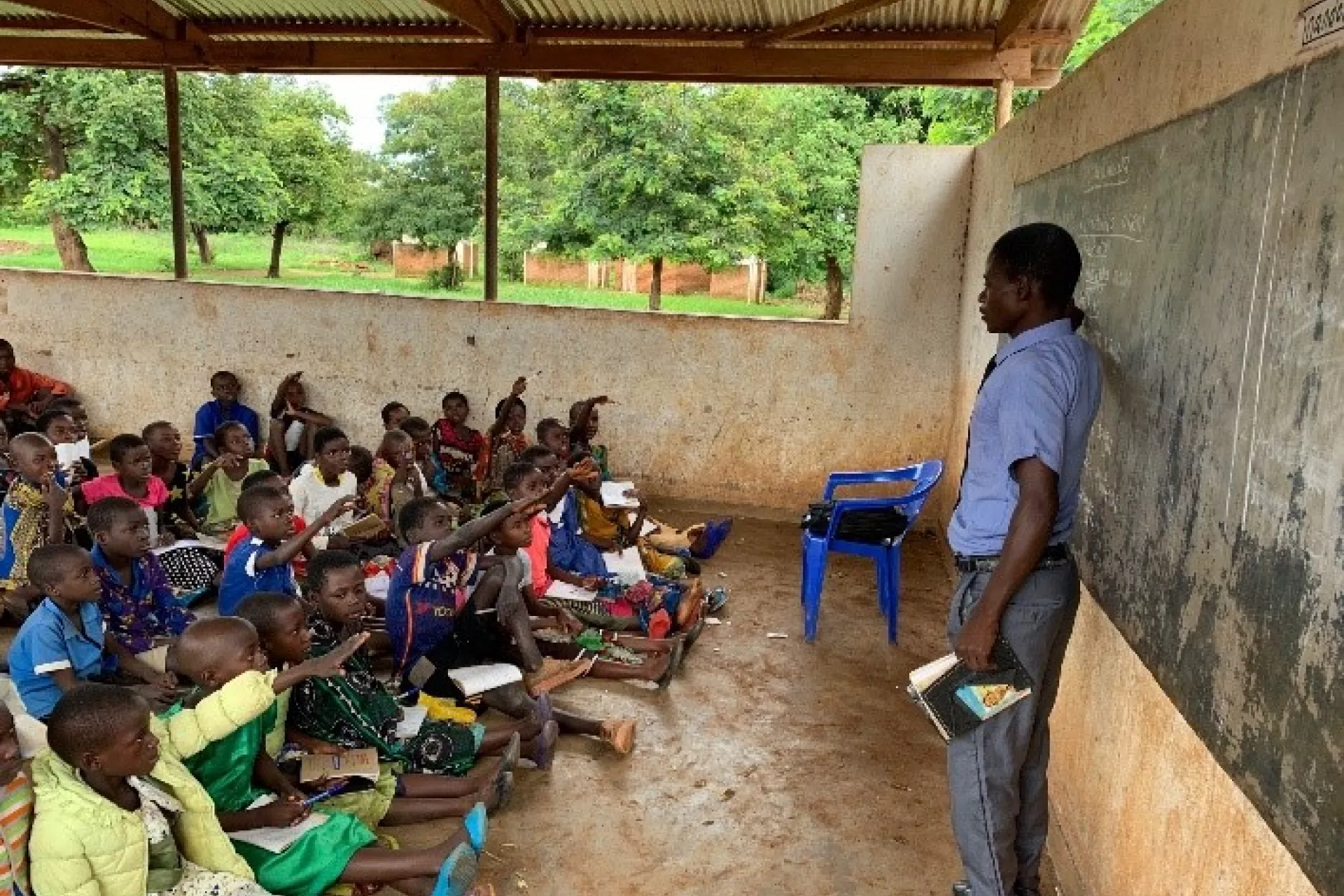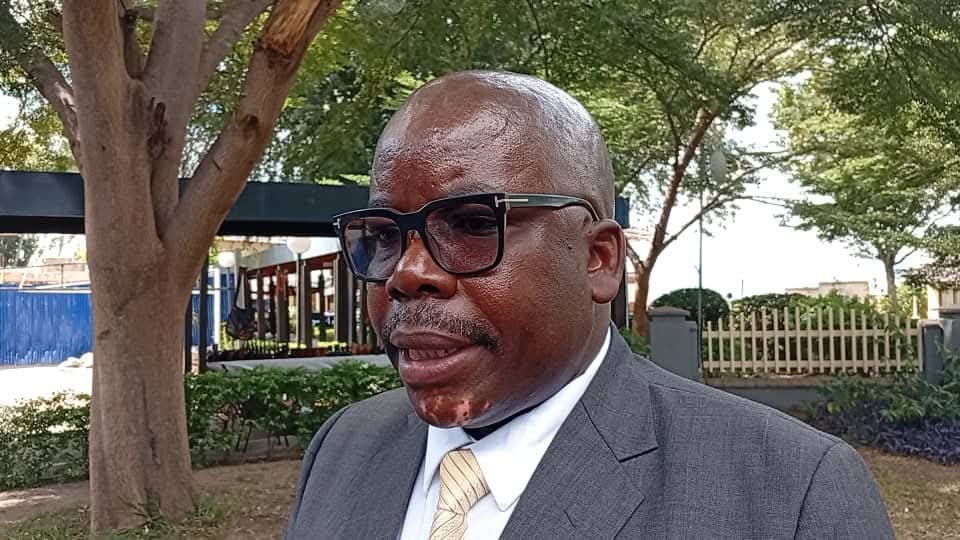By Burnett Munthali
A controversial audio clip has gone viral on social media, stirring heated debates about the recent UTM Convention. The clip addresses allegations of irregularities during the convention and raises questions about the election process. However, a closer examination of the claims sheds light on the integrity of the convention and the dynamics of intra-party elections.
The audio alleges that the convention was manipulated to favor specific candidates. However, it is important to note that the election was overseen by senior UTM officials, including Dr. Patricia Kaliati and Newton Kambala. These leaders were responsible for establishing the rules and regulations, ensuring a transparent process.
Candidates such as Dr. Mathews Mtumbuka and Dr. Dalitso Kabambe reportedly had no influence over the process. As such, the allegations of rigging seem unfounded. Delegates exercised their right to vote based on their personal judgments and perceptions of the candidates.
The audio clip highlights an important factor that shaped the delegates’ decisions: historical allegations against certain candidates. Some party members, who previously held influential roles or were linked to government positions, faced criticism over alleged favoritism, nepotism, and corruption.
Delegates were reportedly aware of these allegations and factored them into their voting decisions. As the viral clip notes, candidates with such reputations had little chance of winning, regardless of their seniority or connections.
The situation mirrors events from the MCP Convention, where Dr. Lazarus Chakwera emerged victorious against prominent politicians. Despite their experience and influence, several high-profile figures lost due to similar allegations of corruption and tribalism.
The clip argues that these “small stories” of alleged misconduct often undermine candidates’ chances, as delegates prioritize integrity and public perception over loyalty or financial influence.
The viral audio also questions the notion that seniority or close relationships with party leaders guarantee success. For example, even at the MCP Convention, key figures such as Mkaka failed to secure positions despite their efforts.
“Elections do not work that way,” the clip emphasizes, highlighting that voters have their own criteria for electing leaders. Delegates may reject candidates with questionable histories, even if they have financial resources or long-standing ties to the party.
The viral clip underscores the complex nature of intra-party elections. Allegations, perceptions, and historical grievances play a significant role in shaping outcomes. For candidates, this serves as a reminder to maintain transparency and integrity, as these qualities significantly influence voter decisions.
As political parties prepare for future contests, the lessons from the UTM and MCP conventions remain relevant. The voice of the delegates, often underestimated, continues to be the ultimate decider in any democratic process.




